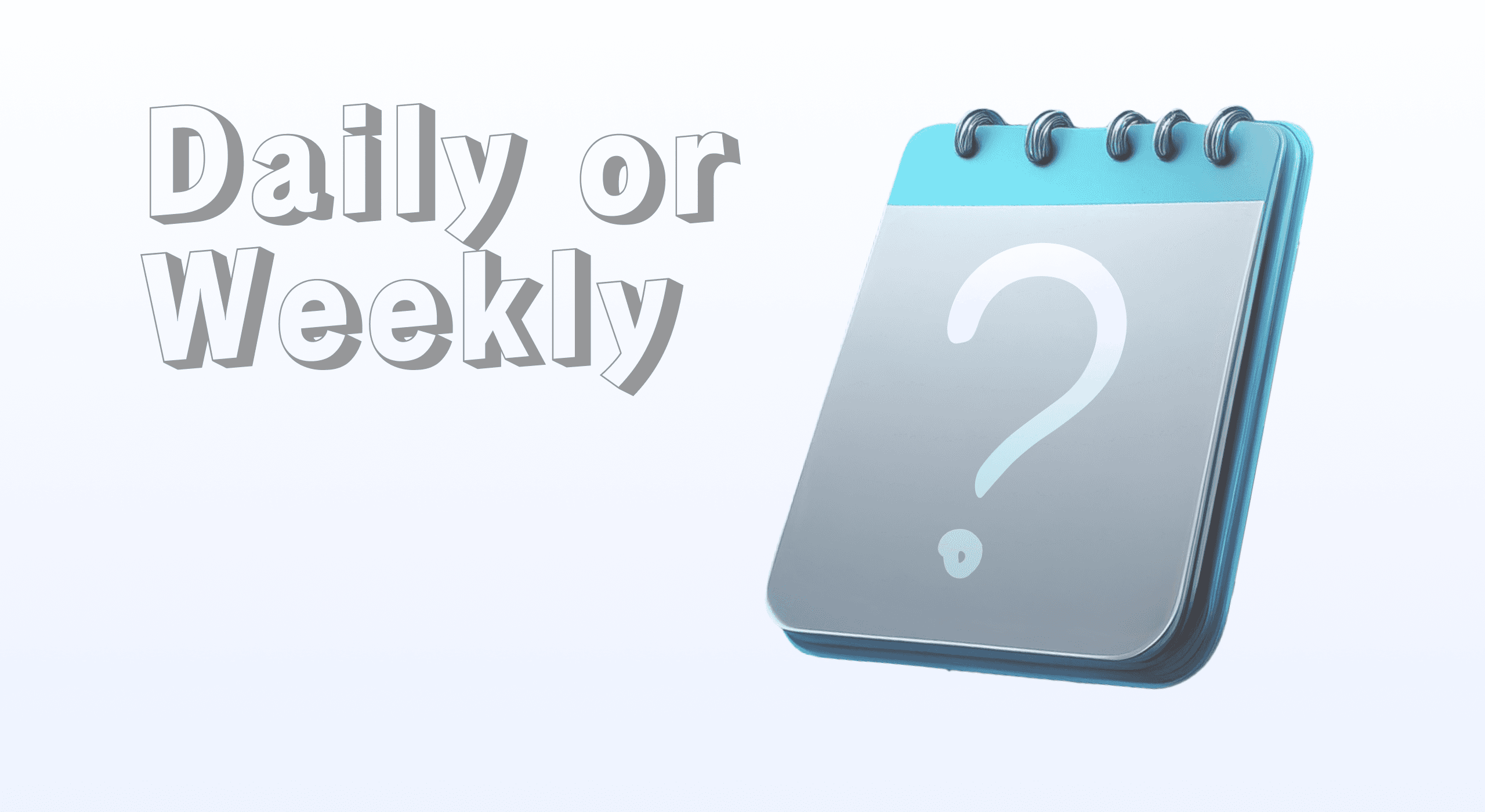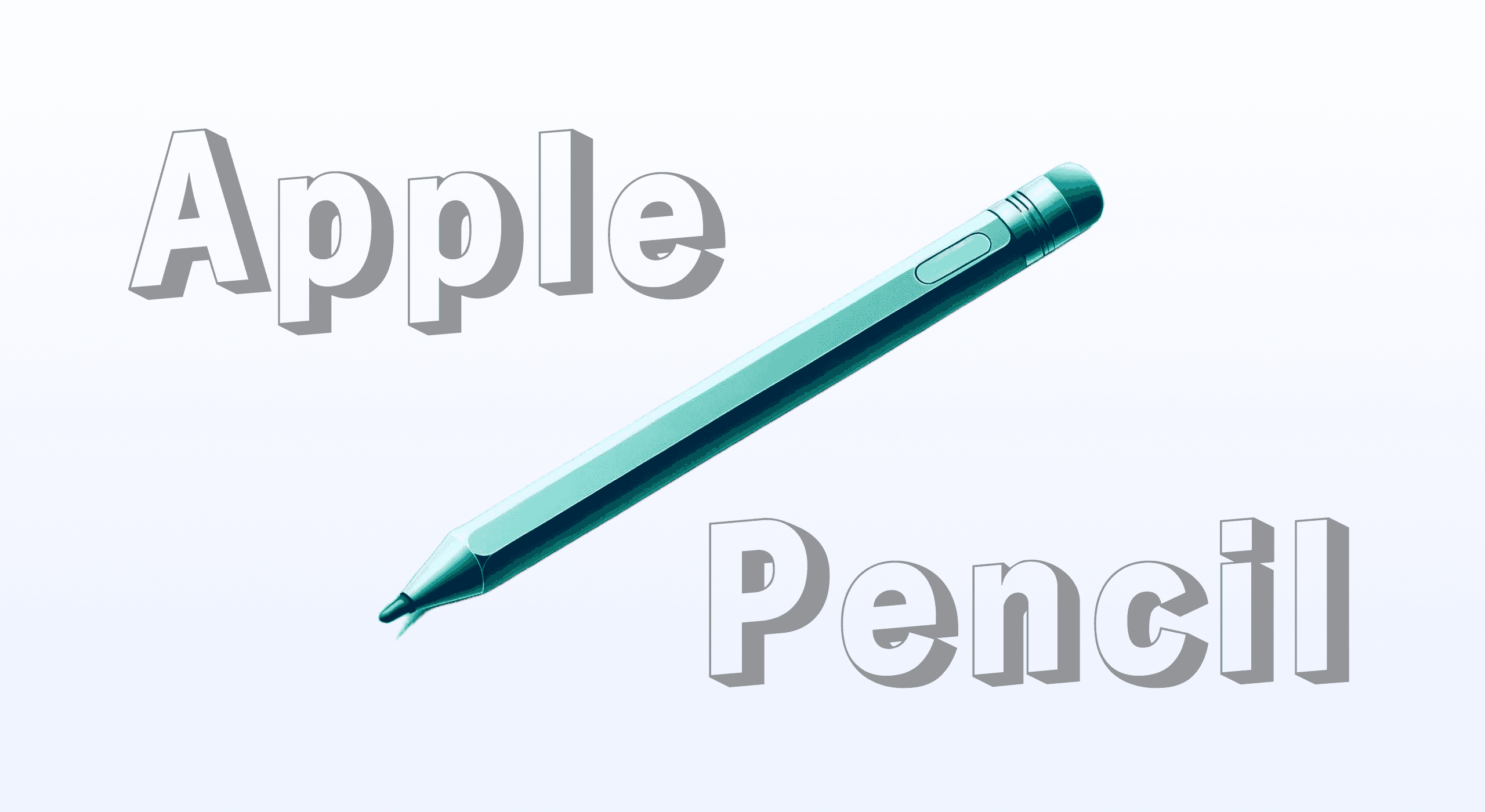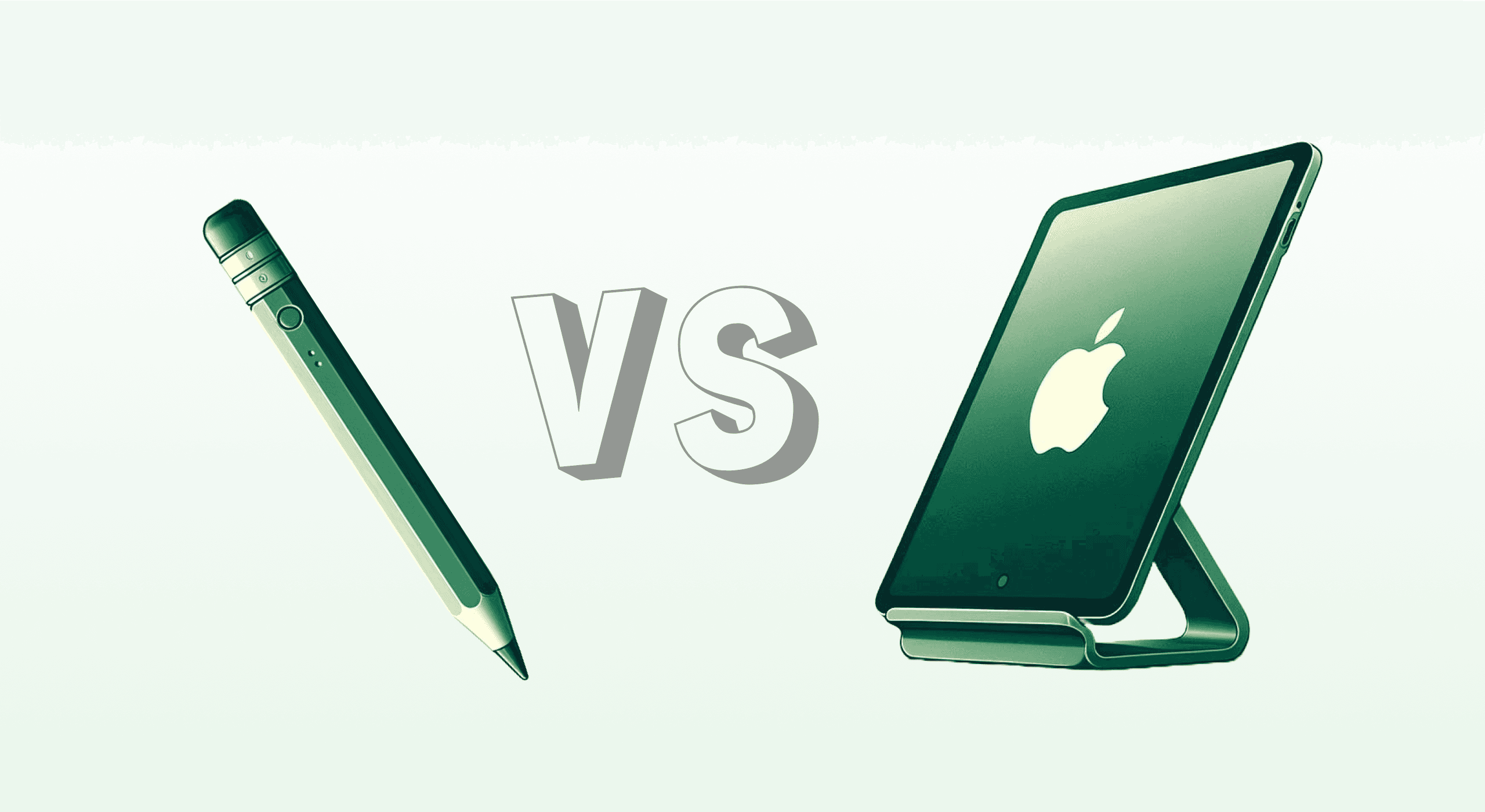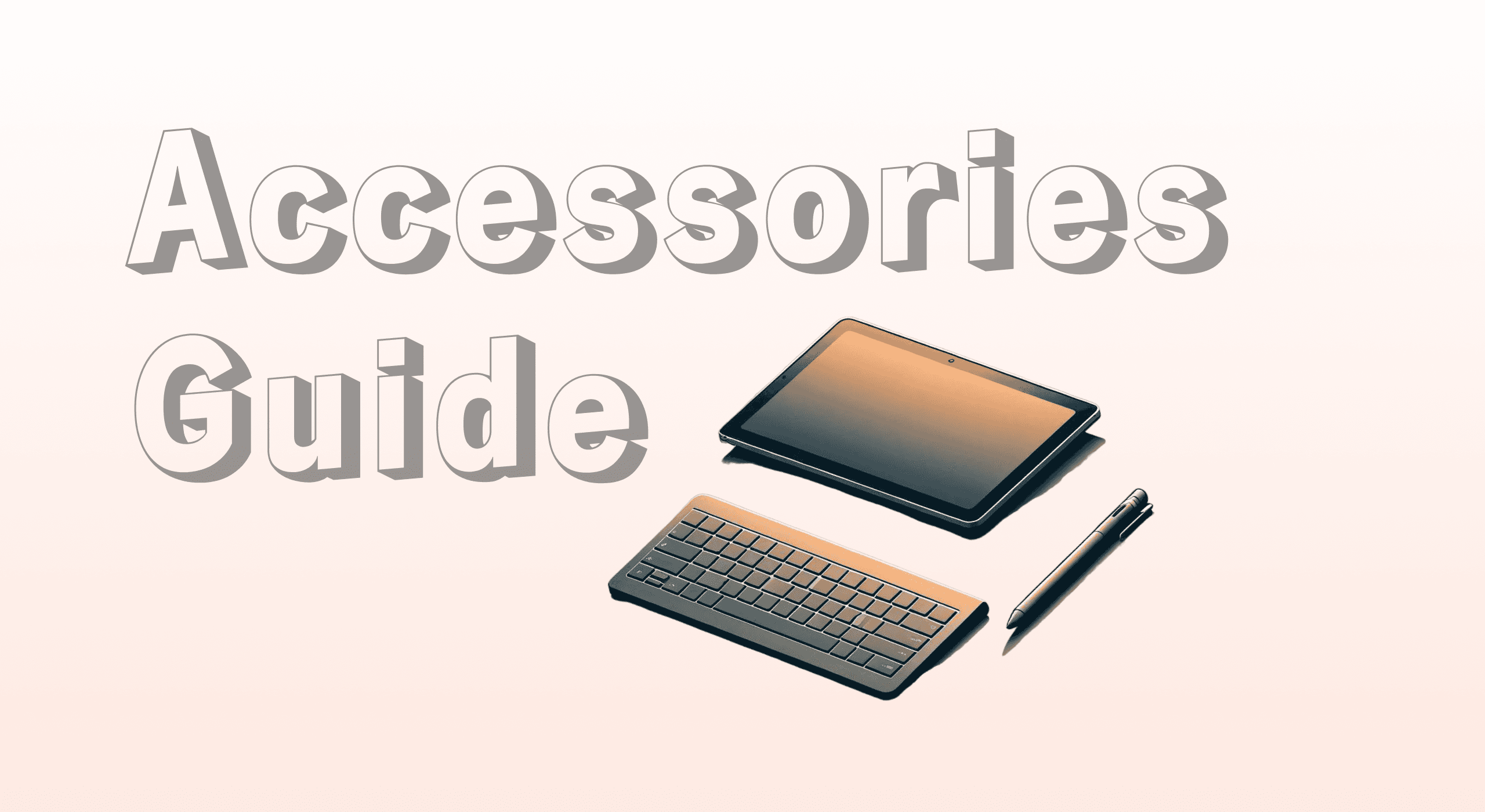Choosing between a daily and weekly planner can be overwhelming, especially when both offer unique benefits. Each format has its strengths depending on your scheduling needs, planning style, and productivity goals. Let’s explore the differences between daily and weekly planners to help you find the best fit for your lifestyle.
The difference between a daily and weekly planner
The main difference between a daily and weekly planner lies in how they organize your time. A daily planner dedicates a full page (or more) to each day, allowing for detailed scheduling down to the hour. This format works well for those with jam-packed schedules or those who thrive on structure.
In contrast, a weekly planner offers a bird’s-eye view of the entire week, typically across a two-page spread. This layout is ideal for those who need to manage tasks over several days or prefer to visualize their week at a glance. If you're considering a digital version, explore how digital planners offer customizable layouts that can accommodate both daily and weekly views.
Make sure to check out our guide if you're interested in exploring the pros and cons of digital planning.
Level of detail
A daily planner provides the highest level of detail, making it perfect for individuals who need to track tasks, meetings, and appointments throughout the day. You can schedule tasks hour by hour and even block out time for focused work or breaks. This format is excellent for people with a tight, varied schedule, such as healthcare professionals, students, or entrepreneurs. If you're looking to boost productivity while using digital tools, check out our article on how to maximize productivity with a digital planner.
A weekly planner, on the other hand, offers a more macro perspective. It's great for those who have more flexible schedules and want to plan their week as a whole. You can manage long-term projects, track habits, and ensure tasks align with broader goals. This planner format is also less time-consuming, allowing for quick overviews rather than detailed daily breakdowns.
Flexibility and time investment
Daily planners require a bit more time to set up since they demand daily updates. However, this investment pays off with precision, helping you handle the minutiae of each day and avoid task overload. For example, those who follow strict routines or need daily task prioritization will benefit from the meticulous structure.
Weekly planners, by contrast, offer more flexibility. You spend less time planning each day, making it easier to adjust as the week progresses. It’s particularly useful for those juggling multiple long-term projects, as the structure helps maintain an overview of what needs to be done without the pressure of detailed hour-by-hour planning.
Who should use a daily planner?
A daily planner is ideal for professionals with demanding schedules or anyone who enjoys managing their time down to the smallest details. This format is particularly useful for people who thrive on structure or have a lot of appointments and tasks each day. Busy executives, students with packed schedules, and parents managing various activities can greatly benefit from the focused approach of a daily planner.
Pros of using a daily planner
Offers detailed scheduling, hour by hour.
Helps manage tasks and appointments precisely.
Perfect for people who need control over their day-to-day tasks.
Cons of using a daily planner
Time-consuming to maintain.
Can feel overwhelming if your days are less structured.
Who should use a weekly planner?
If you prefer a more flexible approach to your time management, a weekly planner might be better suited for you. It's excellent for those who like seeing the big picture and prefer planning by the week rather than micromanaging each day. Creative professionals, project managers, and individuals with longer-term deadlines might prefer this format.
Pros of using a weekly planner
Provides a comprehensive view of the entire week.
Ideal for balancing multiple tasks and deadlines.
Requires less frequent updates, making it less time-intensive.
Cons of using a weekly planner
Less detailed than daily planners, which may not suit those with highly scheduled days.
Incorporating monthly planning
In addition to daily and weekly planning, a monthly planner can provide a hybrid solution. It gives you a long-term overview of deadlines, major events, and goals. Pairing a monthly planner with either a daily or weekly system can offer a balanced approach to managing both immediate tasks and broader objectives.
For more details on how to effectively use this system, check out our guide on how to use a monthly planner.
Which planner suits you best?
In conclusion, whether you choose a daily or weekly planner comes down to how you prefer to manage your time. Daily planners are best for those who thrive on detail and structure, while weekly planners suit individuals who prefer a broader, more flexible approach. Still undecided? Try combining the two formats for a more comprehensive planning system.
Ready to get started? Explore our range of digital planners at DigiPlanner.io today! If you're thinking about switching from a paper planner, read our guide on how to transition from paper to digital planning.




